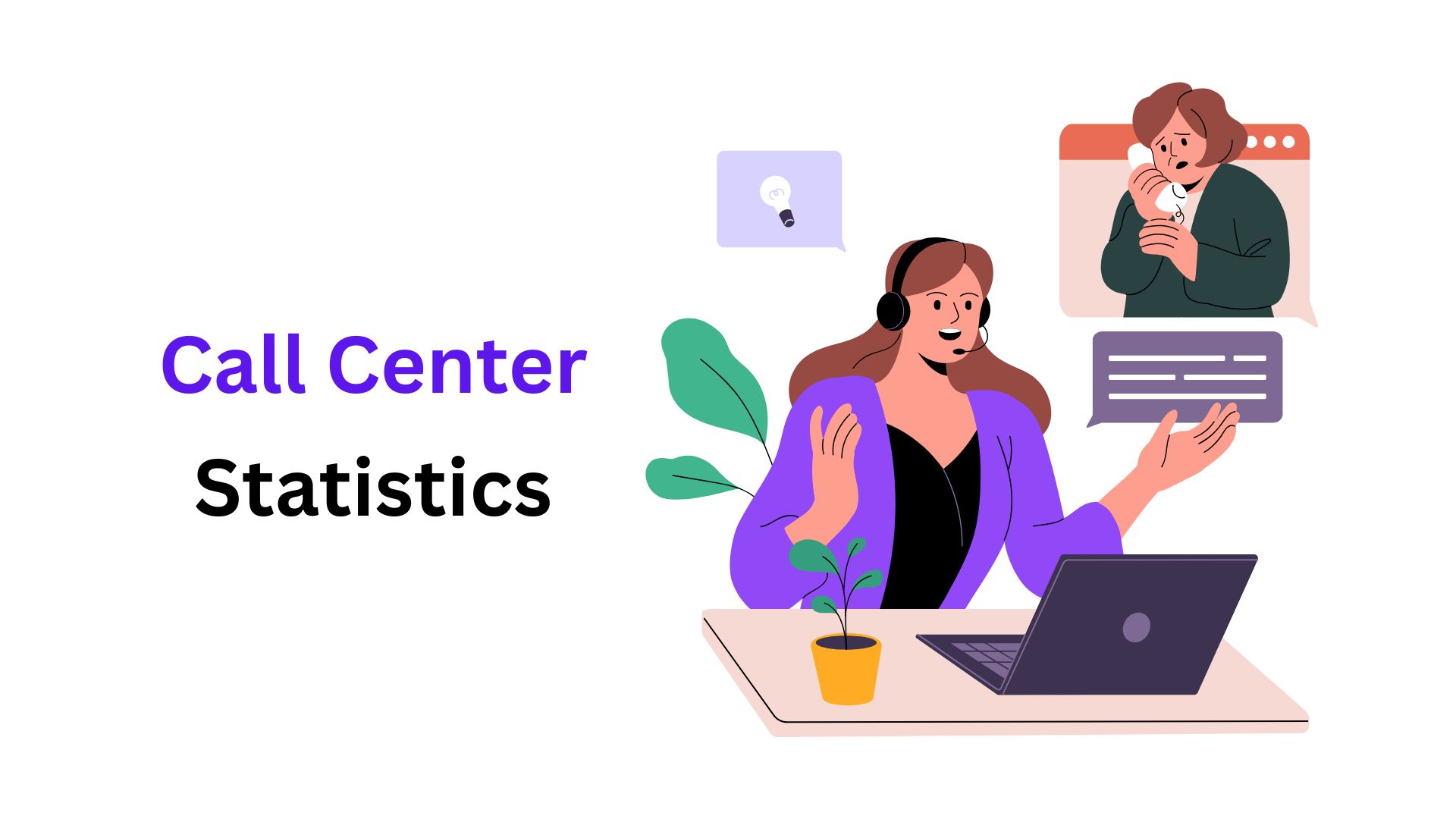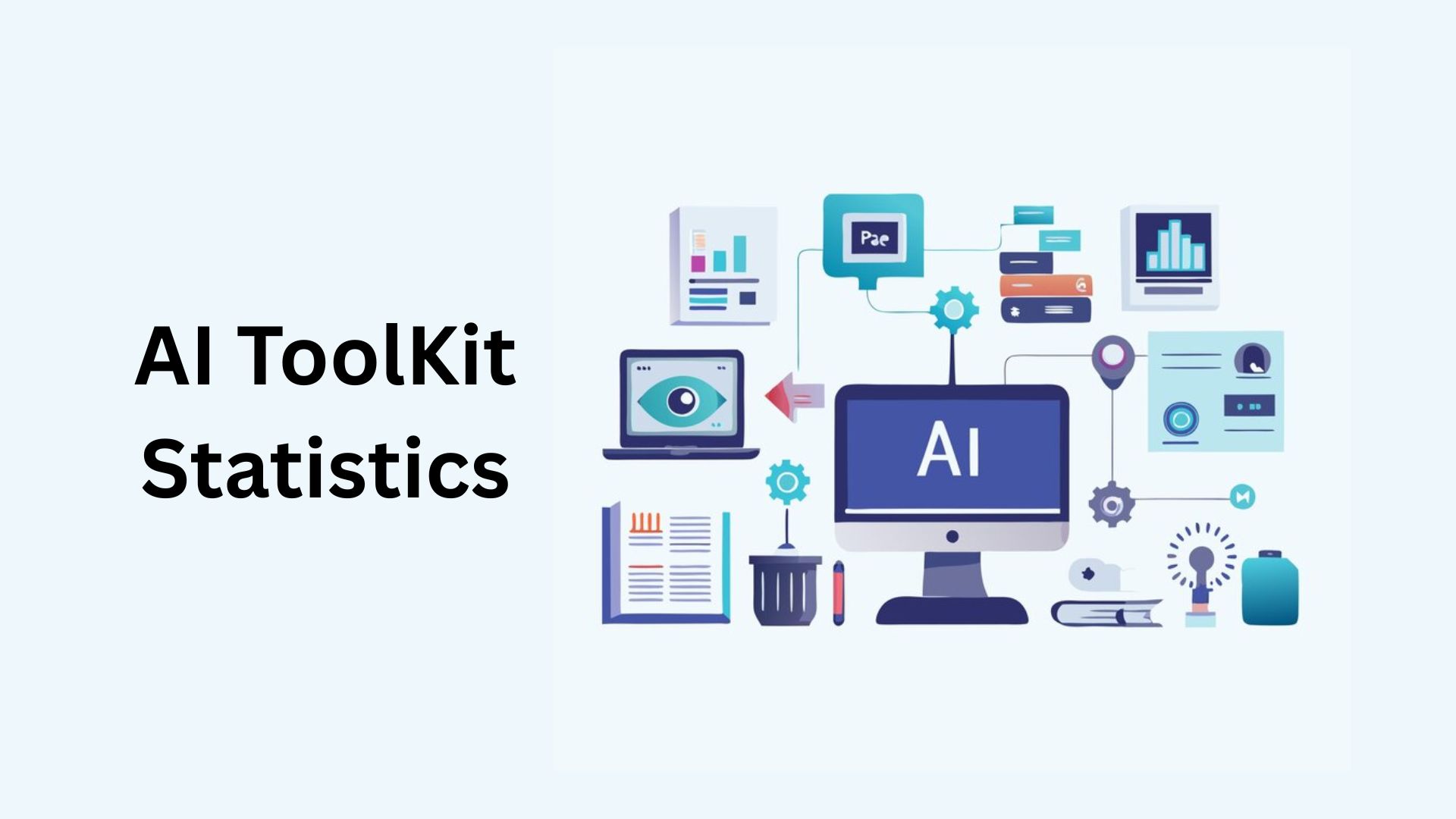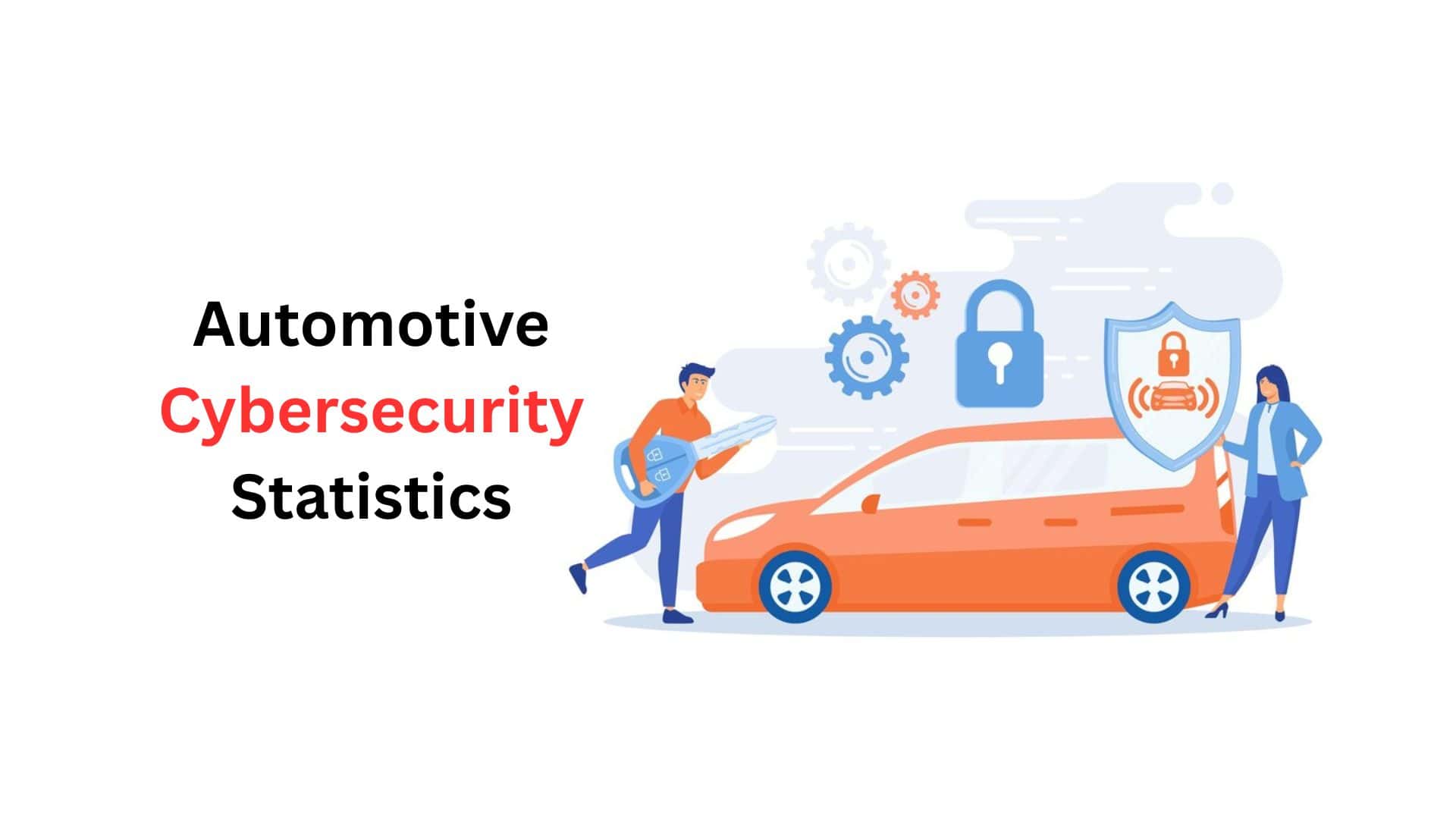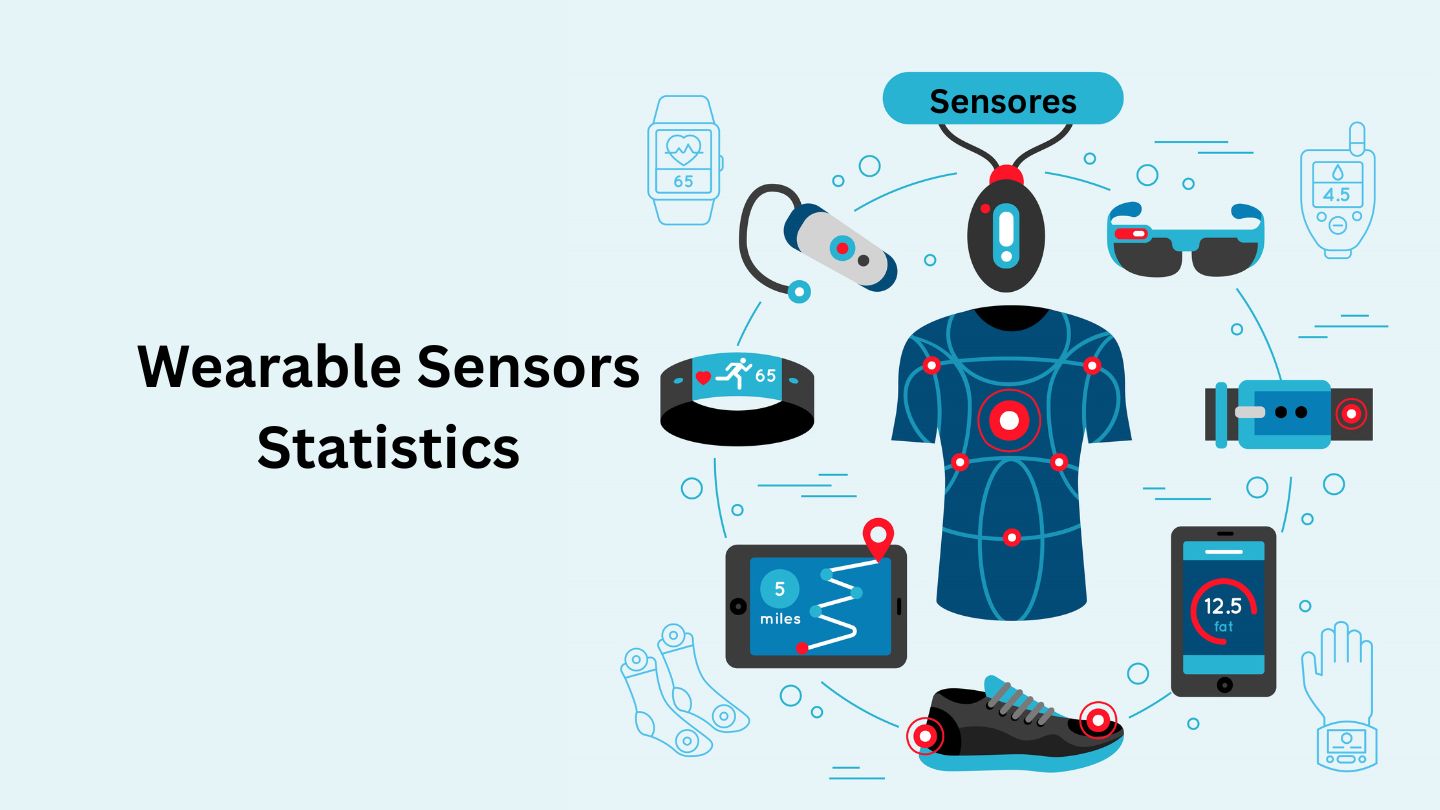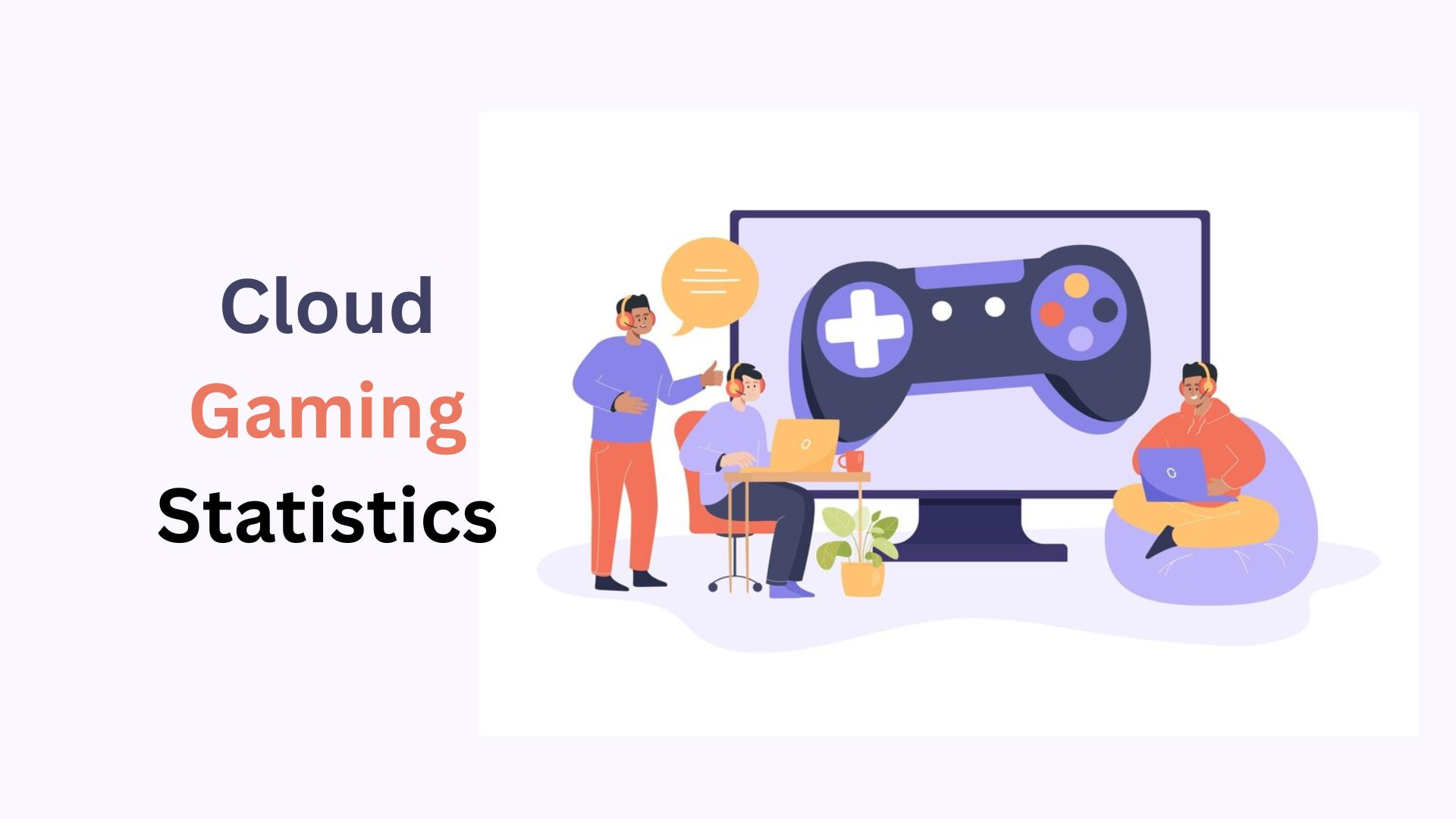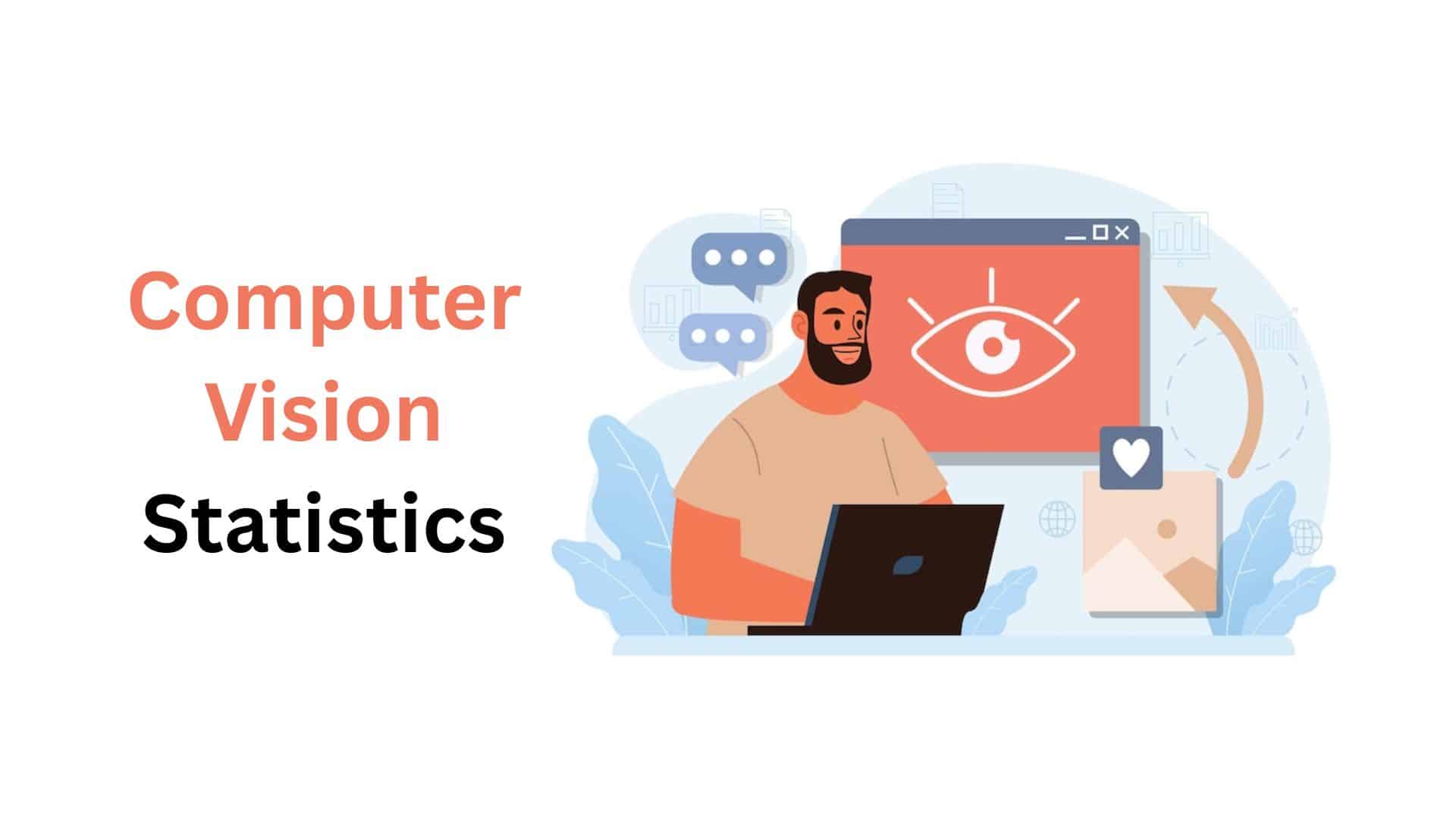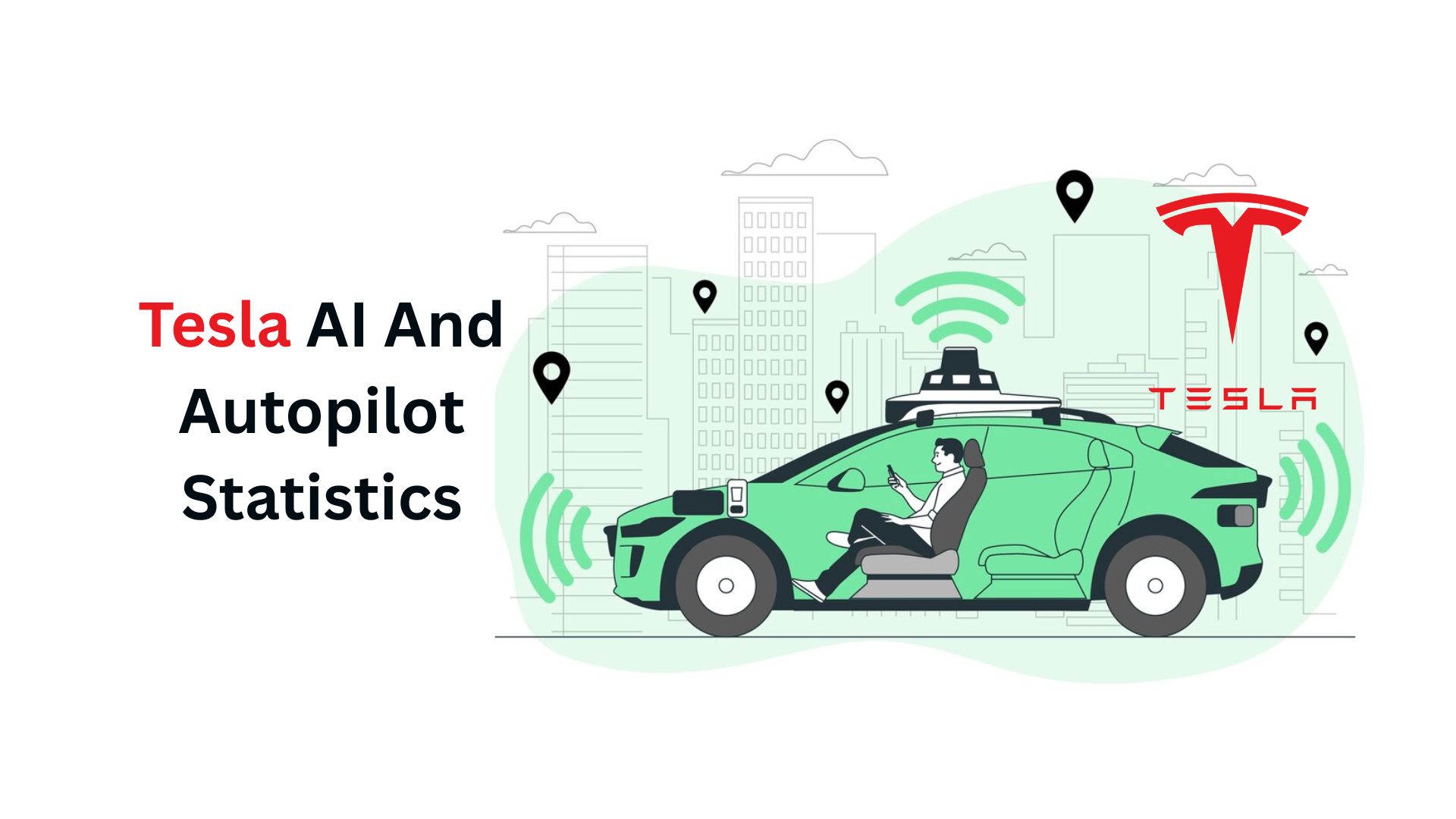VPN Statistics By Regional Usage, Market Growth, Device Usage, Demographics, Users and Data Security

Updated · Feb 25, 2025


TABLE OF CONTENTS
- Introduction
- Editor’s Choice
- Global Perspective of Free and Paid VPNs
- General VPN Statistics
- VPN Regional Usage Statistics
- VPN Users and Data Security Statistics
- VPN Market Growth Statistics
- VPN Statistics By Device Usage
- Reasons For Using VPN Services Statistics
- VPN Quality -Related Statistics
- VPN Demographics Statistics
- Cybersecurity and VPN Breach Statistics
- Most popular VPNs in 2024
- Advantages and Disadvantages of VPN Usage
- Conclusion
Introduction
VPN Statistics: The VPN market is growing for several reasons. First, more people are becoming aware of online security risks, and stricter rules on data protection, like the GDPR in Europe, are pushing businesses and individuals to use VPNs. These services help protect personal data and keep users compliant with regulations. Additionally, the COVID-19 pandemic sped up the shift to remote work, which made it essential for employees to securely connect to company networks from home or other locations, increasing the demand for VPNs.
As more people in developing countries gain access to the internet and mobile devices, they’re also looking for ways to protect their online activities, which further fuels the growth of VPN services. This article will shed more light on VPN Statistics.
Editor’s Choice
- VPN Statistics state that almost 1.5 billion people worldwide use a VPN.
- The global VPN market is worth $44.6 billion, This market is expected to grow to $87.1 billion.
- Qatar has the highest rate of VPN use in the world.
- VPN Statistics state that 19 countries limit VPN usage.
- Cisco holds a 54% market share in the VPN software industry.
- IPVanish is the fastest VPN when it comes to download speeds.
- VPN Statistics state that 54% of VPN users are men.
- 67% of VPN users are between the ages of 16 and 34.
- Nearly 50% of Americans use VPNs for work or personal use.
- 36% of VPN users in the US and UK use a VPN every day.
- Around 2 out of 5 personal VPN users use a free VPN.
- VPN Statistics state that 93% of companies use VPN technology.
- About 2 out of 5 remote workers use a VPN for their job.
- The main reason people buy VPNs is to boost security.
- 59% of Americans who don’t use VPNs think they aren’t needed.
- The biggest challenge for companies using VPNs is not being able to see user activity.
- The VPN market is expected to reach $77 billion.
- One hundred thirty million VPNs were downloaded worldwide.
- Around 41% of users use their VPN to browse at least once a week.
- Most VPN users are between the ages of 45-60.
- 72% of users connect to VPNs on computers, and 69% use them on mobile devices.
- The fastest VPNs slow down internet speeds by about 10%.
- 85% of the leading free VPNs share users’ data despite claiming to protect privacy.
- In the US, 33% of internet users use a VPN.
- 46% of women and 54% of men worldwide use VPNs.
- Singapore has the highest VPN usage rate.
- Ten countries, including China and Russia, have partially banned VPNs.
- Nearly 80% of people use VPNs mainly to improve security.
- Almost 50% of internet users use VPNs primarily to secure their data.
- VPN Statistics state that 43% of remote workers use a VPN for their jobs.
- Nearly 93% of businesses use VPNs to protect their work-related data.
Global Perspective of Free and Paid VPNs
A yearly survey shows that the number of people paying for VPN services is growing around the world. However, some users are still willing to risk their privacy by using free services instead of paying for a reliable VPN. The study found that more than 40% of Americans still use free VPNs, while only 29% of Canadians opt for free alternatives.
In the UK, the number of paid VPN users increased by 15% compared to last year. Still, 37% of Brits are choosing free VPNs, putting their data security at risk. Australia is one of the countries where the use of free VPNs has risen this past year. According to a NordVPN study, 35% of Australians are still willing to sacrifice their security for a free service.
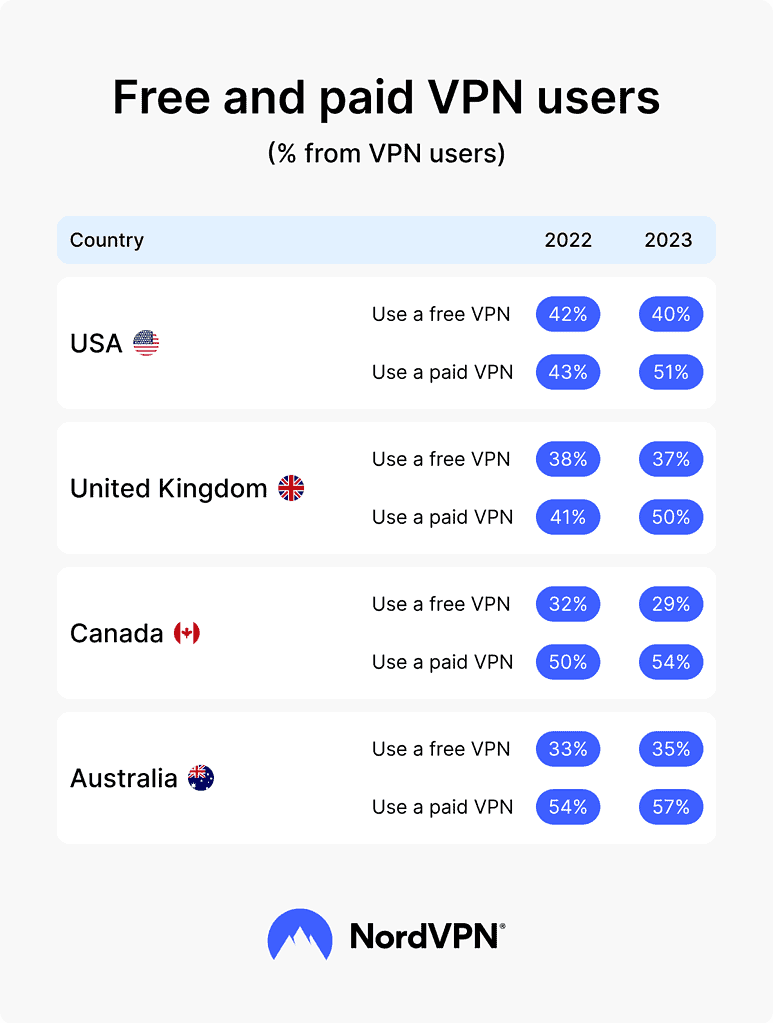
(Source: nordvpn.com)
A free VPN often gives the illusion of privacy. Running a large server network takes a lot of money and requires many employees. Like any business, VPN companies need to make a profit to keep running. One way free VPNs earn money is by selling your data to brokers. These brokers then sell your information to advertisers, who use it to understand your shopping habits and create better ads. So, most free VPNs don’t truly protect your privacy and often have weak security, says Marijus Briedis, CTO at NordVPN.
General VPN Statistics
- The VPN market is currently worth $30.05 billion.
- Around 31% of internet users worldwide use a VPN.
- VPN Statistics state that almost 36% of male internet users and 26% of female internet users use VPNs.
- 1% of the VPN market consists of business users.
- VPN use in the US jumped by 124% during the first wave of COVID-19.
- The regions with the highest VPN usage are Asia-Pacific and Middle East & Africa.
- In many countries, using VPNs is either illegal or restricted.
- 51% of people in the US and UK use VPNs to keep their privacy safe on public Wi-Fi networks.
- VPN Statistics state that over 1.6 billion people worldwide use VPNs.
- In the US, 46% of people use VPNs.
- In the UAE, 38% of internet users rely on VPNs.
- About 75% of VPN users access it on their computers, while around two-thirds use it on their phones.
- In the US, 44.2% prefer free VPNs, while 51.2% go for paid options.
- Globally, 93% of companies use VPN services.
- The VPN market is expected to grow to $75.59 billion by 2027.
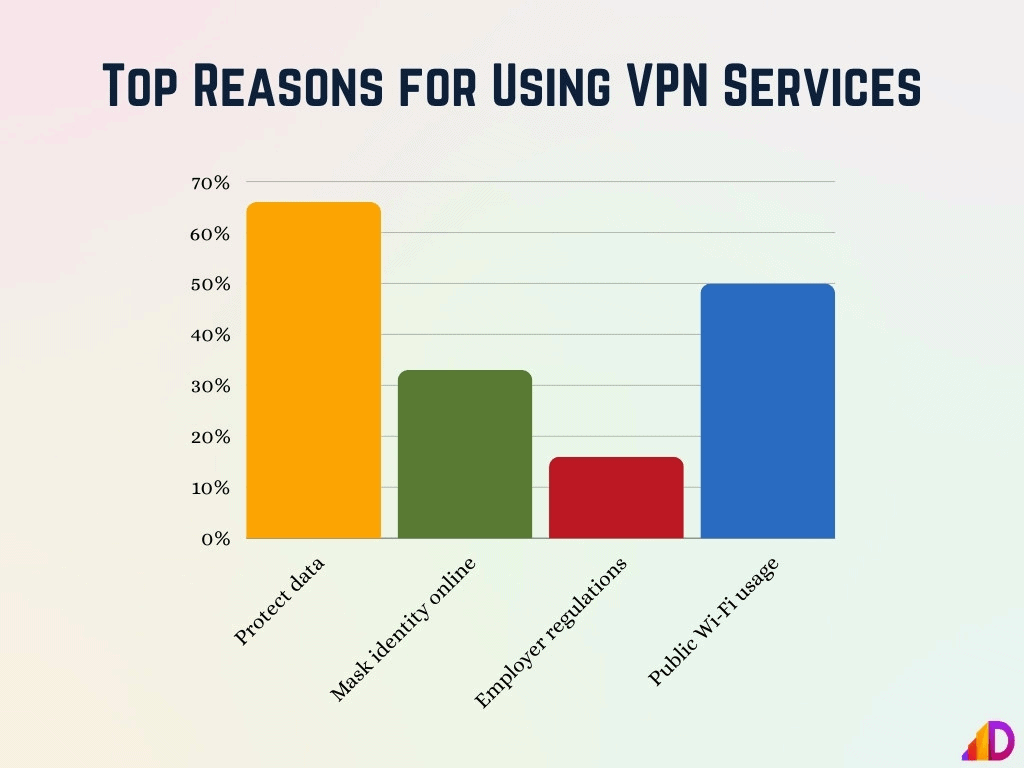
(Source: datafeature.com)
- VPNs have become more widely used and recognized: 95% of adults now know about the technology and 46% use VPNs. This means around 105 million Americans are using VPNs today.
- The most commonly used VPNs are NordVPN, Proton VPN, and Google One VPN, which has become more popular since Google started offering it for free with cloud storage plans and Pixel 7 phones last year.
- About half of VPN users use them for work or business, while the other half use them on their devices.
- VPN Statistics state that nearly 40% of users use VPNs to stop being tracked by search engines or social media platforms.
- Up to 10 million American adults might start using VPNs in 2024, highlighting the growing awareness of online privacy.
- Even with the risks, about 43% of users rely on free VPNs, which can put their data security at risk.
VPN Regional Usage Statistics
- VPN usage has increased significantly from 26% in 2018. When it comes to free versus paid VPNs, free options are more popular.
- In the US and UK, 72% of people use free VPNs, while 36% pay for VPN services.
- When asked how often they use VPNs, 41% of users said they use them at least once a week. Most people plan to keep using VPNs for a long time.
- VPN Statistics state that nearly 44% of users use VPNs for regular browsing, not just for accessing restricted content.
- Looking at VPN interest by country, Turkmenistan (100 points) ranks the highest, mainly because the government heavily controls the internet.
- There were even reports in March 2021 of VPNs not working properly, likely due to government interference.
- Other countries with high interest include Côte d’Ivoire (72 points), China (46 points), Myanmar (28 points), and Uganda (27 points).
- Between March 8 and March 22, 2020, both COVID-19 cases and VPN use increased in the US.
- Many people started working from home and watching digital content, which likely led to more VPN use. In other countries, people use VPNs to access news and social media platforms.
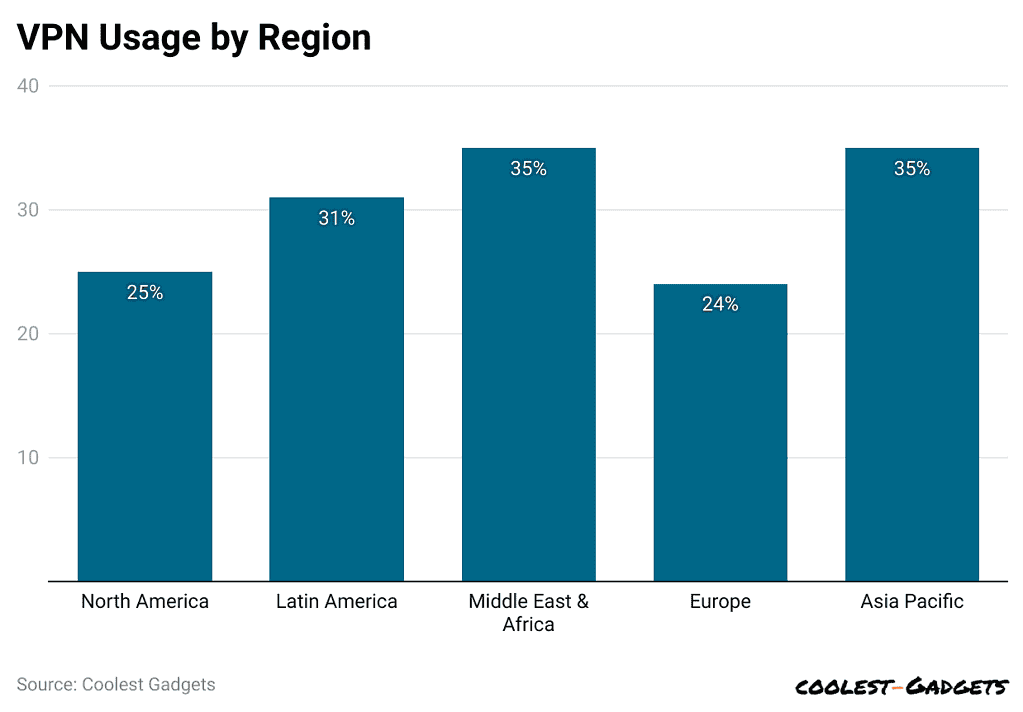
(Reference: 99firms.com)
- A study shows that men use VPNs more often than women. Only 26% of women use VPNs, showing a large gender gap in VPN usage. Similar gaps are seen in the use of other privacy tools.
- 35% of internet users in the Asia-Pacific and MEA regions use VPNs.
- Some countries with the highest usage are Indonesia (61%), India (45%), and Saudi Arabia (44%). Malaysia (43%) and the United Arab Emirates (42%) also have high usage rates.
- Developed countries usually have lower VPN usage, with Latin America at 31% and Europe and the US at around 24% and 25%.
- While countries in Asia-Pacific and MEA have more VPN users, developed countries have seen the fastest growth in usage.
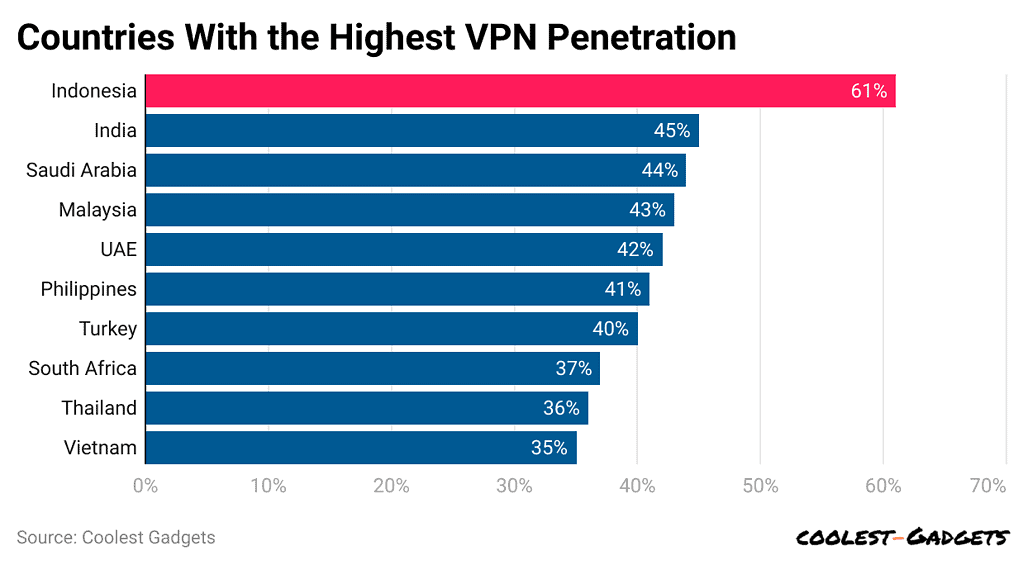
(Reference: 99firms.com)
- Along with the Netherlands, other countries with strong growth include Australia (69%), Japan (62%), Russia (61%), and South Korea (60%).
- Some countries, like China, Egypt, Taiwan, and Turkey, have seen small drops in VPN use. Brazil has had no change since 2012.
VPN Users and Data Security Statistics
People choose to use VPN services for reasons beyond just accessing content from around the world. One important reason is to keep their online activity secure. In the following section, we’ll explain why a VPN is crucial for online protection.
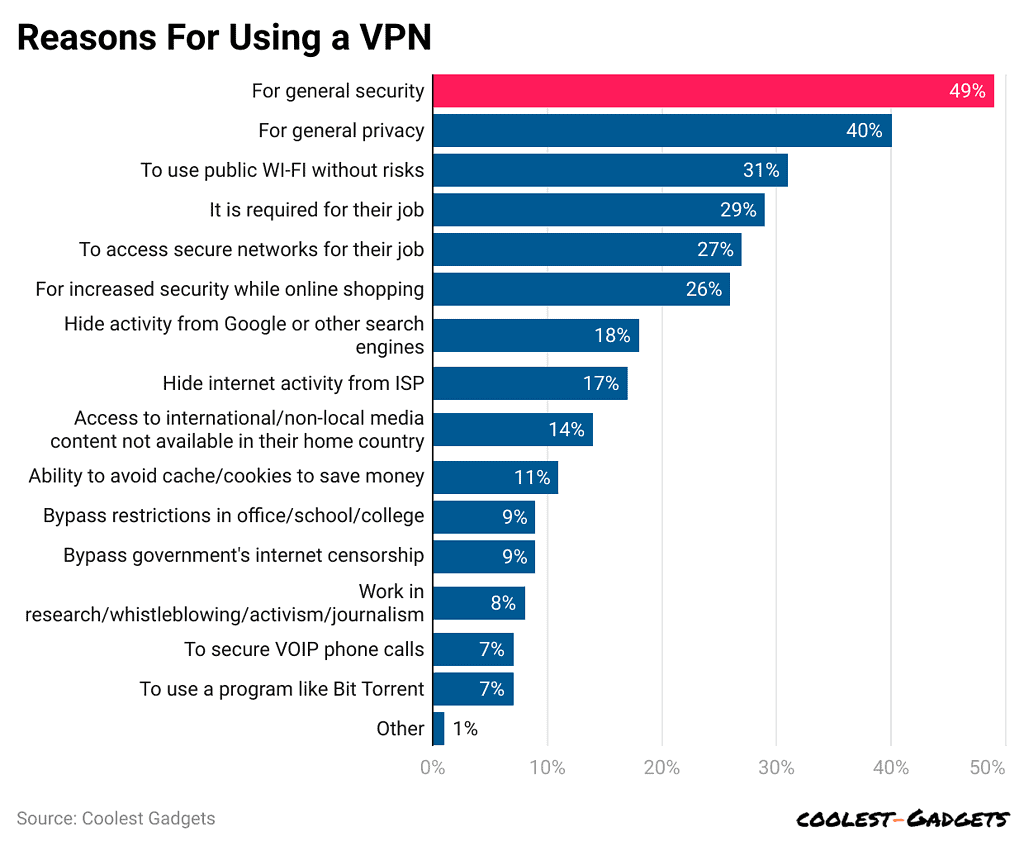
(Reference: 99firms.com)
- Although it’s recommended, not everyone uses a VPN, which can be a serious issue, especially for businesses that need strong online protection.
- VPN Statistics state that around 93% of people are most concerned about their online privacy and security.
- Additionally, 86% of internet users think they’re at a high risk of being targeted by cybercriminals.
- Many businesses are not keeping up with VPNs and privacy policies. According to privacy stats, about 82% of workers don’t follow data privacy rules. If this continues, it could cause data breaches and financial losses.
- While data privacy is important to business owners, only 37% of companies feel prepared for a cyberattack. If more businesses get ready, worries about data security will go down.
- The demand for proper VPN protection is growing. A large 95% of Americans are concerned about how companies handle their data and their online privacy.
- People aged 54–72 care a lot about data privacy laws. 87% of them think the country needs better laws to protect personal information. The youngest generation, Gen Z, is less worried, with only 53% thinking stronger privacy laws are necessary.
- VPN Statistics state that the average cost of a data breach is $3.86 million, but it can be higher in some places. For example, in the US, data breaches can cost up to $8.64 million.
- People in the US and Hong Kong are very concerned about their governments spying on their online activity. Some even use both TOR and a VPN to protect themselves, but statistics show that combining them doesn’t improve security or anonymity.
- Gathering personal information can be risky for your data security, especially when it comes from untrustworthy sources.
- With 4.66 billion people using the internet worldwide, including 284.05 million Americans, 91% of US citizens believe they no longer control how their data is collected. As more people go online, concerns about data security keep rising.
- Protecting your online data doesn’t have to be difficult. A simple VPN, whether free or paid, can prevent a lot of breaches.
- VPN Statistics state that 93% of cyberattacks could be prevented if businesses and users follow basic data security measures.
- Many people worry about their online privacy, and for many, the answer is to cut back on how much they share online.
- In the US, about 74% of citizens have reduced their online activity because of concerns about their privacy and security.
VPN Market Growth Statistics
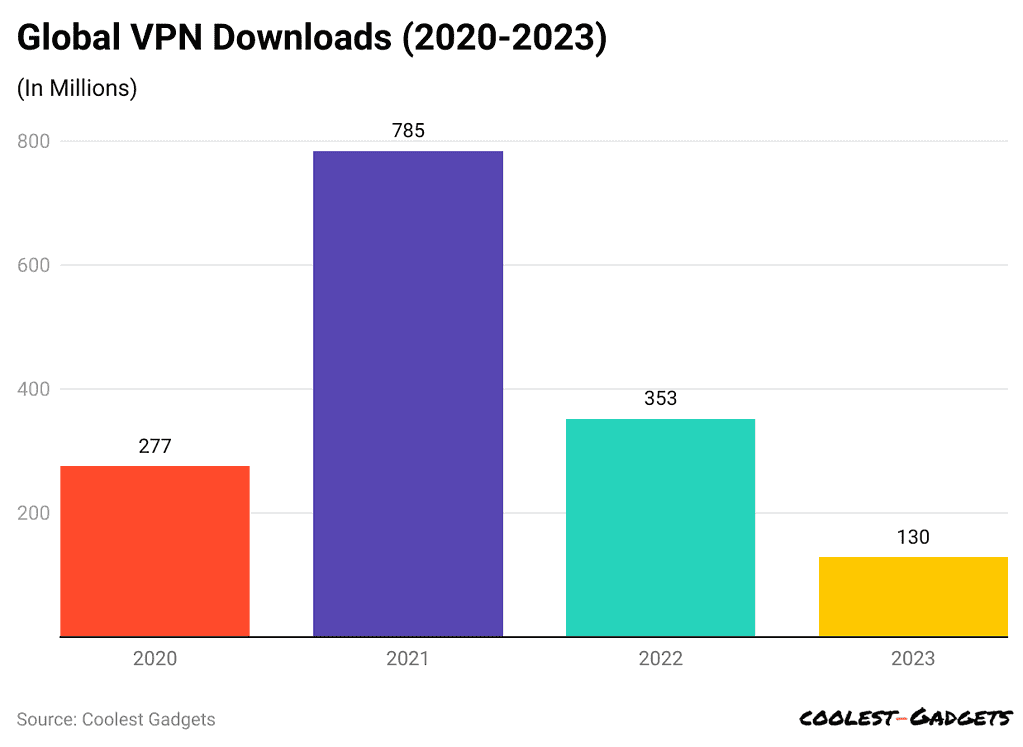
(Reference: g2.com)
- VPN downloads grew by 27% across 85 countries, jumping from 277 million in 2020 to 353 million in 2022.
- The number of VPN downloads peaked at 785 million in 2021, mostly because of the high demand during the COVID-19 pandemic. However, the numbers leveled off in 2022 as pandemic restrictions eased.
- In the first half of 2023, there were 130 million VPN downloads.
- VPN usage has grown significantly worldwide in 2023, becoming something many people use regularly instead of just a niche service.
- In North America, the market is expected to grow by 30%, and globally, over a third of internet users now rely on VPNs, showing they are becoming a key part of daily online activities.
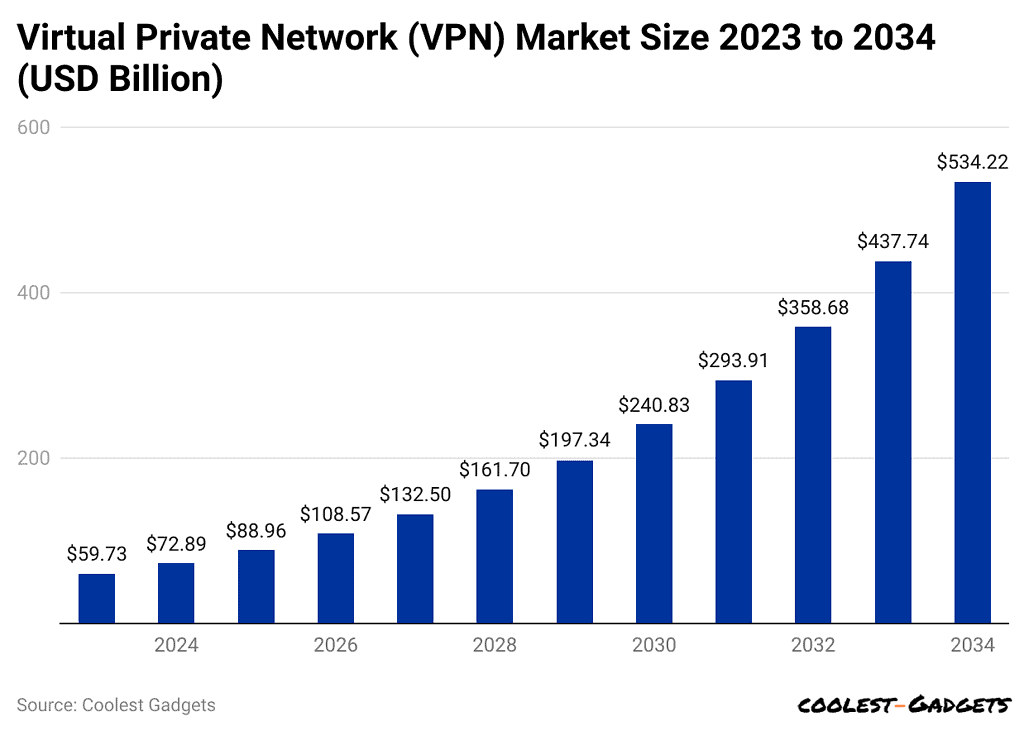
(Reference: precedenceresearch.com)
- The VPN market is already worth around $44.6 billion.
- Experts expect it to grow to $77 billion by 2026, thanks to more businesses, especially in the IT sector, adopting VPN solutions for their benefits.
- VPN downloads are growing rapidly worldwide. In the first half of 2023, there were 130 million VPN downloads across 85 countries.
- Countries like Singapore are leading, with 19% of people using VPNs. The UAE and Qatar follow closely, with 17% and 15% of residents using VPNs.
- However, countries like Japan and many in Latin America still have low adoption rates.
- The cost of a VPN can vary. Paying yearly or for multiple years typically costs around $2-$10 per month. If you pay monthly, it usually ranges from $10-$15.
- More expensive VPNs don’t always provide better security or speed, so it’s important to carefully compare different services and choose one that meets your needs and fits your budget.
VPN Statistics By Device Usage
- VPNs are used on a variety of devices such as smartphones, PCs, laptops, smart TVs, and others that connect to the internet. This technology can greatly change how people view their online privacy and security.
- Smartphones and PCs/Laptops are the most common devices for VPN use, making up over 60% of all VPN usage.
- While it’s good to understand the VPN industry overall, one interesting aspect of VPN usage is the types of devices people choose to use for this technology.
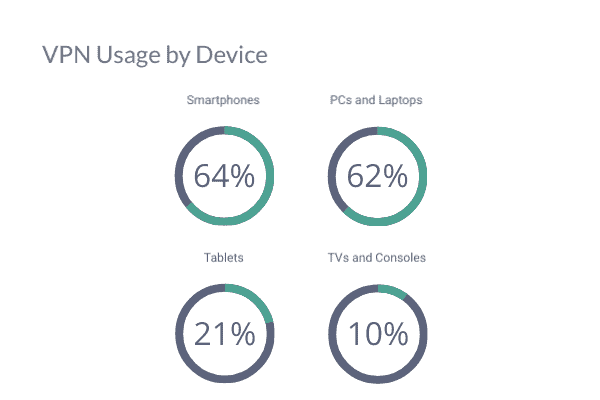
(Source: techjury.net)
- A large portion of people choose these devices for browsing and online activities:
- Smartphones (64%)
- PCs & Laptops (62%)
- Tablets (21%)
- Other devices like TVs and consoles (10%)
- With over 3.5 billion smartphone users worldwide, it’s clear why VPNs are so popular on mobile devices.
- They are especially useful for people connecting to public networks, like Wi-Fi in cafes or airports, by adding an extra layer of security to the data being sent between the device and the network.
- From the Global VPN Usage Report 2020, here’s how VPN users use different devices:
- 91% own a smartphone
- 76% use PCs or laptops
- 42% own tablets
- 41% use smart TVs
- 26% have game consoles
- The rise of VPNs on smartphones is partly because of their popularity online. VPN companies often work with influencers and creators.
- More people are also becoming aware of the importance of data privacy and security.
- VPNs are especially popular with Apple users, who own over a billion iPhones globally.
- VPN Statistics state that 52% of those surveyed said they use an iOS device, while 3% use MacOS.
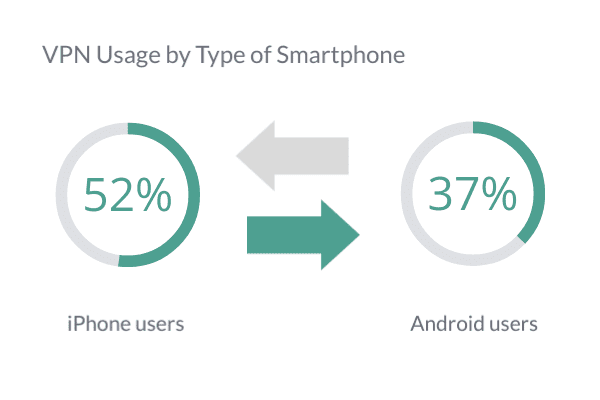
(Source: techjury.net)
- In comparison, 37% of respondents who use VPNs were using Android devices. Additionally, 6% of users said they were using Windows OS.
Reasons For Using VPN Services Statistics
- People use VPNs for several reasons. The main ones are protecting privacy on public Wi-Fi (51%), browsing the internet anonymously (44%), and having secure communication (37%).
- Many users turn to VPNs for general online security (49%) and privacy (**40%).
- A major reason people use VPNs is to access restricted sites for downloading, streaming, or torrenting (23%).
- Another common reason is to unlock better content for entertainment (22%).
- VPN Statistics state that 33% of people who pay for a VPN use it to download music.
- 27% use it to stream music.
- 27% use it to watch TV shows or movies.
- Some people, 17%, use a VPN to access the Tor browser for extra privacy.
- The top streaming services accessed with VPNs include:
- Netflix (56%)
- Amazon Prime Video (23%)
- iQiyi (15%)
- The rise in VPN use for entertainment is partly due to reduced internet freedom, with 26 out of 65 countries experiencing more restrictions. That’s why many people are turning to VPNs to access content from around the world.
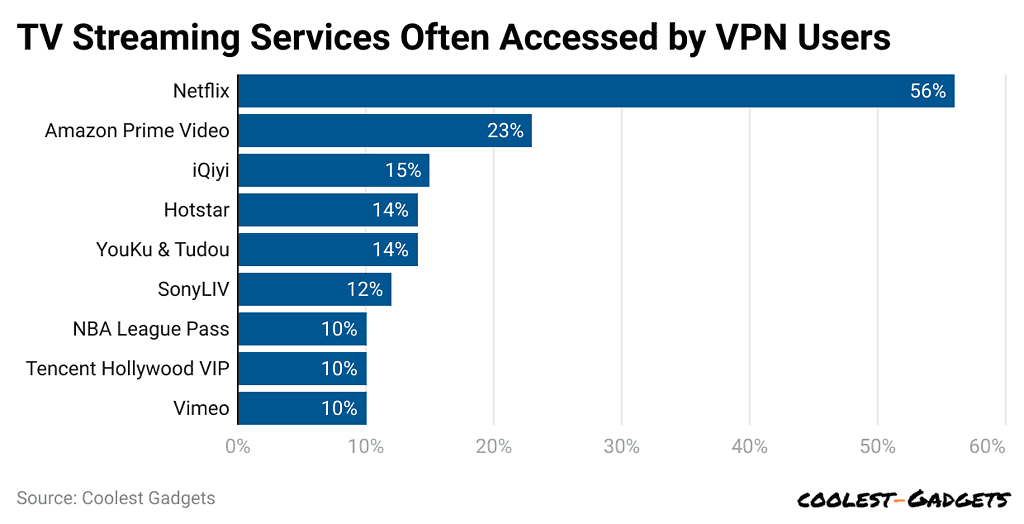
(Reference: financesonline.com)
- VPN users in the UK and the US often use it to communicate more securely (37%). Some studies also show that 7% of people use a VPN to protect VoIP phone calls.
- Other reasons people use VPNs include:
- 42% use it to keep in touch with friends.
- 41% use it to stay updated with the news.
- 37% use it to network with others.
- 25% of paid VPN users use it to stay connected with family and friends abroad.
- Many also use VPNs for work:
- 29% use it because it’s required for their job.
- 27% use it to connect to secure networks for work.
- 22% use VPN to access work-related sites, files, or services.
- Some people need VPNs for research purposes.
- With more people working remotely due to the COVID-19 pandemic, many businesses updated their policies.
- VPN Statistics state that 74% of companies say that requiring VPNs is crucial for remote work.
- Additionally, 68% of employees reported that their organization increased VPN use during the pandemic.
VPN Quality -Related Statistics
- According to the Global VPN Report, people in the UK and the US consider a few important things when choosing a VPN.
- 54% of people care most about reliability and ease of use when picking a VPN. They prefer a service that is simple to use and comes from a trusted provider.
- After that, speed is the next important factor, with 54% of users focusing on it.
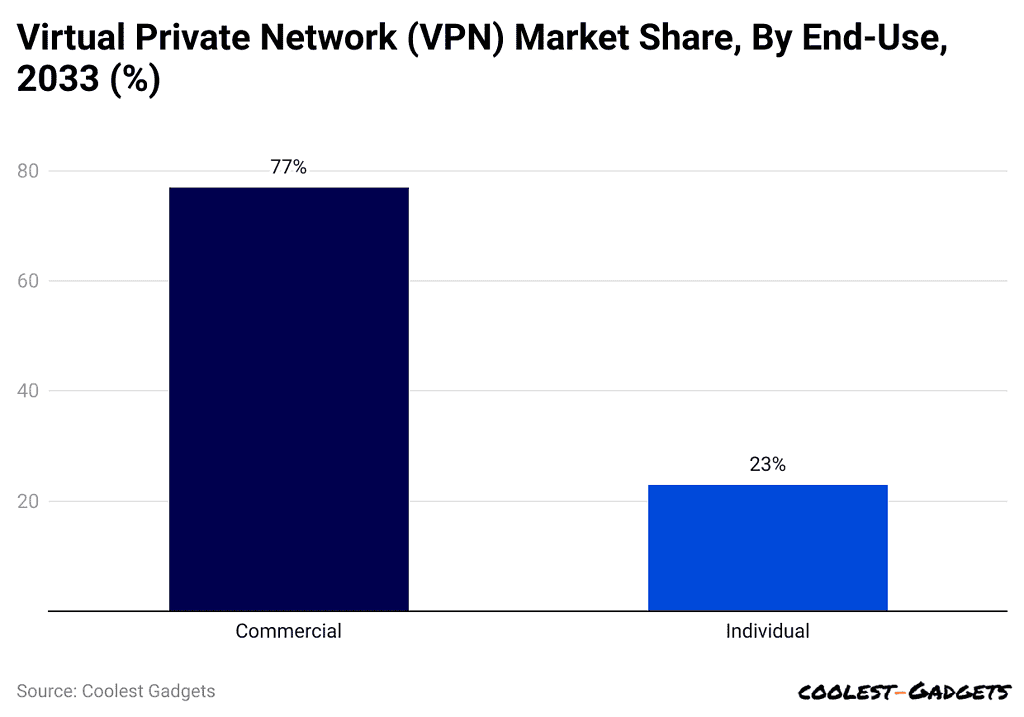
(Reference: precedenceresearch.com)
- Since using a VPN can slow down your internet connection because of encryption, people want a VPN that doesn’t reduce the speed too much so they can browse and stream without delays.
- With growing concerns about data privacy, 43% of VPN buyers look for services that have a no-log policy. This means the VPN won’t keep track of their activity, giving them more control over their privacy.
- VPN Statistics state that 42% of users think about the price when choosing a VPN.
- In the UK and the US, around 72% of VPN users choose free VPNs because the cost is a big factor in their decision.
VPN Demographics Statistics
- VPNs are useful tools for people who want to stay private and secure online. However, certain groups of people tend to use them more than others.
- In most countries, like the US, VPNs are legal, but in some places, such as China, Egypt, Iran, and Myanmar, they are more tightly controlled.
- Even so, people in these countries still use VPNs to access blocked content. For example, in China, 148 million internet users use VPNs to get around restrictions.
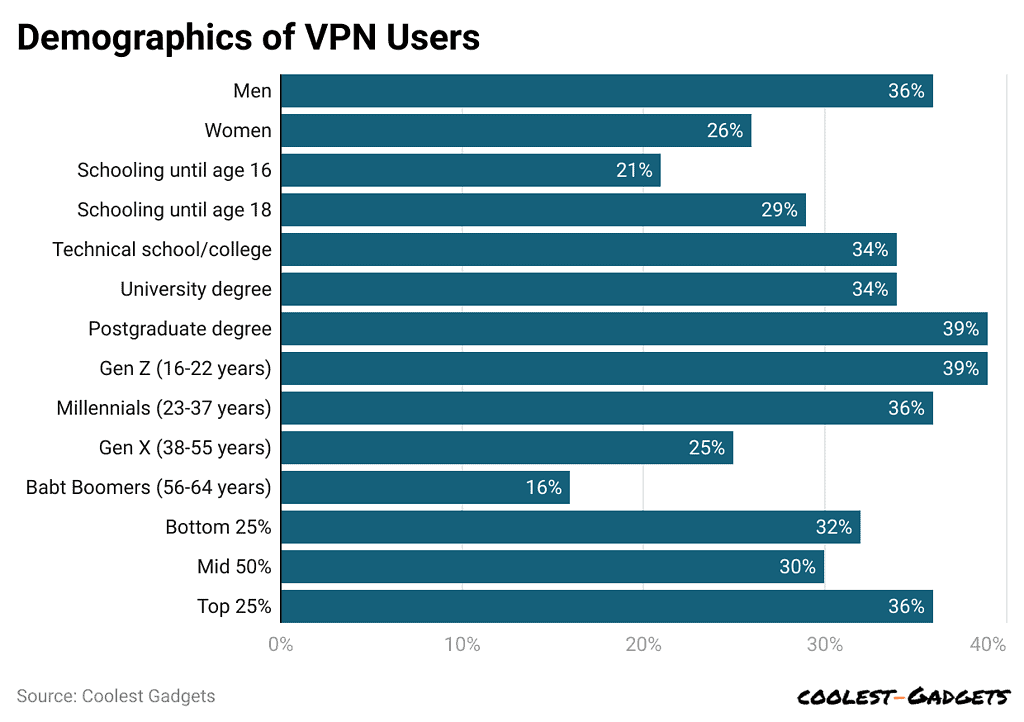
(Reference: techjury.net)
- Studies show that more than half of VPN users are men. The exact percentage varies, but it’s estimated to be anywhere from 36%-62%. In comparison, women make up around 26%-38% of VPN users.
- VPN Statistics state that 68% of VPN users are younger people.
Gen Z leads the way, followed by late Millennials. Here’s how it breaks down by age group:
- 16-24 years old: 35%
- 25-34 years old: 33%
- 35-44 years old: 19%
- 45-64 years old: 13%
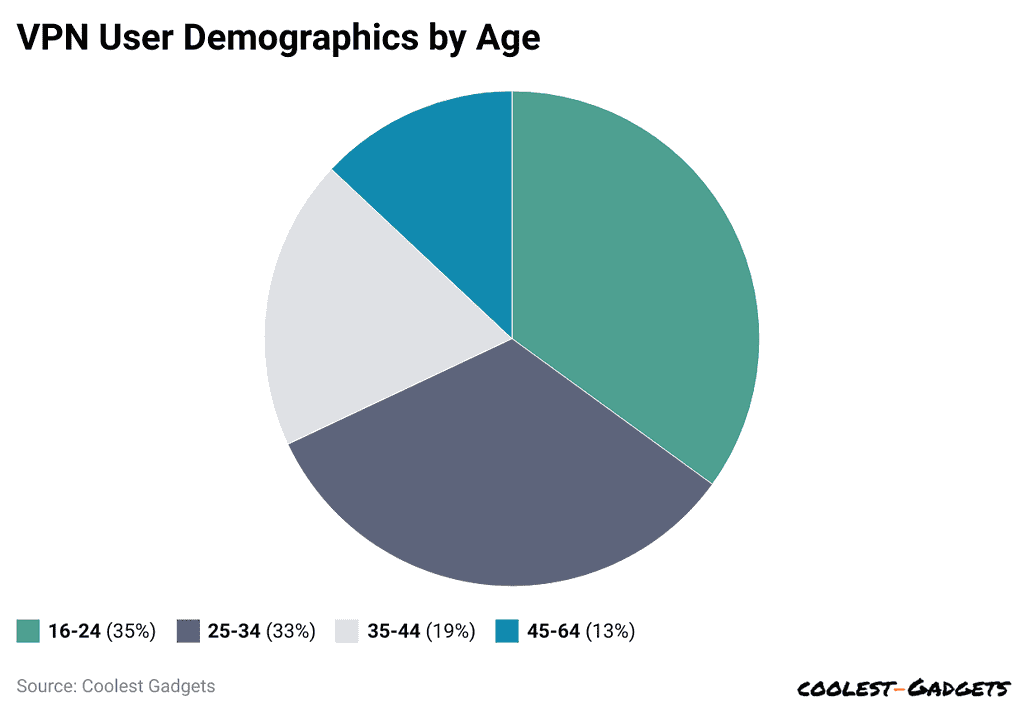
(Reference: techjury.net)
- The Asia-Pacific region has the three largest VPN markets in the world, worth a total of $35.1 billion.
- VPN Statistics state that the top three countries for VPN market size are India, China, and Indonesia, ranking 1st, 2nd, and 3rd, respectively.
- India leads with a VPN market of $16.5 billion, followed by China at $12.9 billion and Indonesia at $5.7 billion.
- These large markets are influenced by the high population and strong government regulations, which cause many people in these countries to use VPNs.
Cybersecurity and VPN Breach Statistics
- 39% of people said it was a current threat, and 49% saw it as a risk for the future. Other bigger threats included diseases, economic problems, and extreme weather events.
- In 2023, cybersecurity experts found an insecure server, which led to over a billion online records being exposed.
- Seven VPN services, including UFO, FAST, Free, Super, Flash, Secure, and Rabbit, were involved in the breach.
- A total of 1.207TB of data was leaked, potentially causing problems like hacking, blackmail, and identity theft.
- VPN Statistics state that experts believe all the affected services used the same app developer. Ethical hackers found the issue while working to improve internet safety.
- Cyberattacks, especially cyber espionage, are becoming more common. The manufacturing industry was the most targeted, with 75 incidents reported.
- The public and professional sectors ranked second and third, with 40 and 26 incidents, respectively. The rise in VPN usage is connected to the increasing need to protect valuable information.
- On average, a data breach costs about $4 million across all industries. In sectors like healthcare, the cost can go over $7 billion.
- The finance and energy industries also face high breach costs, typically around $6 million in damages, making it clear that strong cybersecurity is needed.
Most popular VPNs in 2024
VPN preferences vary depending on users’ knowledge. Experienced users are more likely to pick paid VPN services that focus on privacy and security, like NordVPN or ProtonVPN. In contrast, Google One VPN, which ranks third in popularity, is preferred by users who are less familiar with VPNs.
| What VPN do you see? | % of users |
|
Other VPNs |
21% |
| Atlas VPN |
3% |
|
IPVanish |
3% |
| Windscribe |
3% |
|
Mullvad VPN |
4% |
| CyberGhost |
4% |
|
Surfshark |
5% |
| Mozilla VPN |
5% |
|
Norton Secure VPN |
6% |
| Brave VPN |
7% |
|
Private Internet Access |
7% |
| ExpressVPN |
8% |
|
Google One VPN |
9% |
| Proton VPN |
13% |
|
NordVPN |
27% |
Advantages and Disadvantages of VPN Usage
Benefits of Using a VPN
The main benefit of using a virtual private network (VPN) is protecting your privacy. But a VPN also offers many other advantages:
- Privacy: A VPN hides your real IP address and location, so websites, advertisers, and even your internet service provider (ISP) can’t track what you do online.
- Security: A VPN creates a secure, encrypted connection between your device and the VPN server. This helps protect sensitive information like passwords and credit card numbers from hackers, especially when using public Wi-Fi.
- Access Content from Home: With a VPN, you can access TV shows and services you normally use at home, even when you’re in another country. Just connect to a server in your home country to enjoy your usual content.
- No More Slowdowns: If your ISP is slowing down your internet speed for activities like streaming or gaming, a VPN can hide your activity, helping to stop this slowdown and reduce lag.
- Bypass Restrictions: VPNs can help you access websites and online services that are blocked or restricted in some countries or networks. This is useful for keeping access to uncensored information, especially in places with strict internet rules.
Disadvantages of VPN
Although a VPN is a great tool for online security, it doesn’t solve all of your internet safety problems. It’s important to understand the potential risks involved with using a VPN. Here are the main disadvantages:
- Slower Connection: VPNs can slow down your internet speed because of the encryption process and the routing of your data through remote servers. However, high-quality VPN services tend to have fast speeds and solid infrastructure, so the slowdown might not be noticeable. For example, NordVPN is known for its fast NordLynx protocol, which proves you can have both speed and security.
- Some VPNs Are Not Secure: A VPN’s security is very important. Trusted VPNs use strong encryption and don’t track or sell your data. However, some free VPN services are not as safe. They may make money by selling your data to other companies or showing you ads. Free VPNs also tend to have fewer servers, which can make your internet speed slower and cause security risks like data leaks.
- Subscription Costs: Good VPN services usually cost just a few dollars per month, which is a small price to pay for online security. This is often cheaper than a cup of coffee! Plus, the protection and benefits a VPN offers can even help you save money.
- VPNs Are Banned in Some Countries: Some countries block VPNs or have strict rules for their use. Even though VPNs are legal in most places, you should always check the local laws if you’re traveling to countries with restrictions to make sure you’re not breaking any rules.
- Not Compatible with All Devices: While most popular devices and operating systems work well with VPNs, some devices, like certain smart TVs and gaming consoles, may not be compatible. But you can fix this by setting up a VPN on your home router. This will protect any device connected to your home network, including smart TVs and gaming consoles.
- Doesn’t Protect from Voluntary Data Sharing: A VPN can’t stop you from giving away your personal information to companies like Google and Facebook. Many times, we share our data with these services just by using them. A VPN also won’t protect you from risky online behavior. It’s important to use common sense to stay safe. If you’ve shared too much personal data, you can use a data removal service to help get your information removed from websites and data brokers.
Conclusion
A Virtual Private Network (VPN) is not just a tool to hide your online activity or make you harder to track. It’s an important tool for anyone who values their data privacy. The growing use of VPNs shows that society and governments are starting to recognize how important it is to protect personal information. It’s still unclear if VPNs will keep becoming more popular. People continue to debate the benefits and drawbacks of using a VPN, especially when it comes to what services it can unlock compared to its cost.
However, the facts and VPN Statistics shared here show that VPNs have made a significant impact on internet culture and the digital world.
Sources
FAQ.
Qatar leads the world in VPN usage, with 69.87% of its population using one, according to the latest data from AtlasVPN. The UAE is close behind, with 61.7% of its people also using VPNs.
A VPN can’t block cookie tracking, prevent viruses or malware, or protect you from phishing attacks. It also carries the risk of data leaks. Most importantly, the safety of a VPN depends on the provider. If the company uses outdated security methods, leaks your IP address, or keeps track of your data, you shouldn’t trust them.
A reliable VPN is a secure way to browse the internet. It helps protect your IP address, encrypts your browsing history, and can stop government agencies from monitoring you. But keep in mind VPNs can’t keep you safe in every situation.
It’s important to note that VPNs don’t function like complete anti-virus software. They can hide your IP address and encrypt your browsing history, but that’s the extent of their protection. They won’t keep you safe if you visit phishing sites or download harmful files.
Yes, using a VPN is allowed in the UK, as long as you’re not breaking any laws while using it. People use VPNs for many good reasons, like keeping their privacy safe and protecting their online activities from hackers.

Saisuman is a talented content writer with a keen interest in mobile tech, new gadgets, law, and science. She writes articles for websites and newsletters, conducting thorough research for medical professionals. Fluent in five languages, her love for reading and languages led her to a writing career. With a Master’s in Business Administration focusing on Human Resources, Saisuman has worked in HR and with a French international company. In her free time, she enjoys traveling and singing classical songs. At Coolest Gadgets, Saisuman reviews gadgets and analyzes their statistics, making complex information easy for readers to understand.



